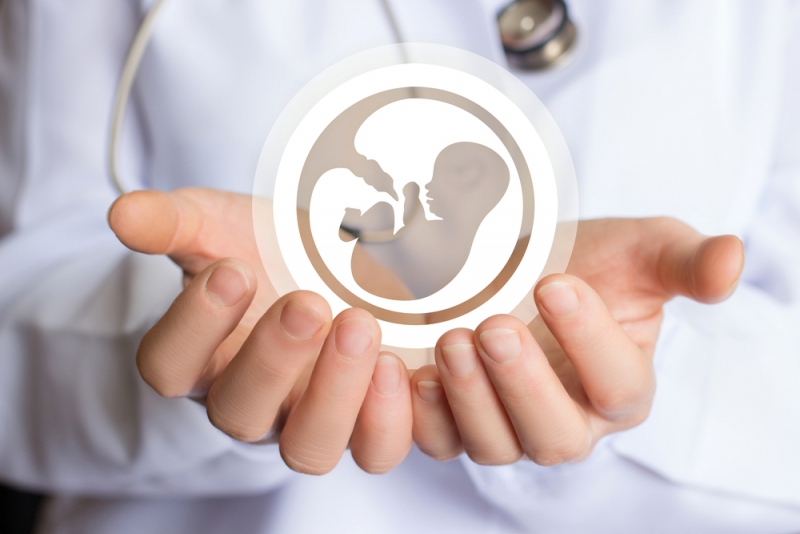If you’re trying to get pregnant, and especially if its taking you longer than you expected or wanted, then it makes sense to start to wonder about fertility. What makes you fertile? Can you improve your fertility? Can you even get more fertile over time rather than less?
Today we’re answering some of those questions, and taking a look at pregnancy, ovulation and fertility, to help you feel more informed and more in control.
Fertile Window
A woman’s fertility rises and falls throughout her monthly menstrual cycle, with peak fertility falling in what’s known as the ‘fertile window’ – the few days in each cycle surrounding ovulation where the lifespan of sperm int the body after ejaculation overlaps with the lifespan of the mature egg.
One of the main things you can do to better understand your fertility and get the best chances of a pregnancy from your existing reproductive health is to find out when your fertile window is: if you’re not making an effort to try and conceive specifically during these days, you’re cutting your chances of getting pregnant drastically.
Using ovulation predictor kits or charting your basal body temperature allows you to predict when you’re due to ovulate, and therefore when your fertile window is, so you can try to get pregnant at the best possible time.

Improving Fertility
If you want to improve your fertility you need to look at two main areas: extending the length of that fertile window, by helping both sperm and eggs survive longer, and improving their health to make it more likely that contact between them will result in pregnancy.
The first thing you can do is make sure you’re not making any of the missteps than have a serious impact on fertility: smoking is the worst of these. It impacts both the lifespan of sperm and eggs, and the likelihood that any given sperm cell can successfully inseminate an egg. Cutting out cigarettes and their many toxins and carcinogens is not just good for your health in general, it’s very specifically important for your reproductive health.
Diet
There are plenty of people promising to tell you the secret of a ‘fertility diet’ with supplements to boost your ability to have children. Unfortunately of these are untested and pseudoscientific at best. Doctors agree on certain universal tips that can help anyone’s reproductive health, like including more green vegetables in your diet to improve the health of the key reproductive cells, but if someone promises you miracles you should consult an independent medical expert to see if they can really deliver.


